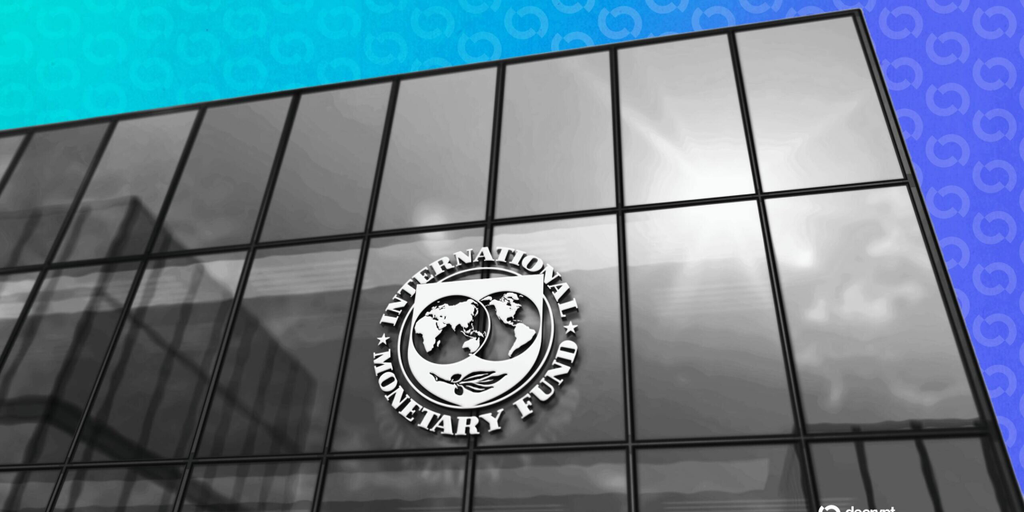The International Monetary Fund has said no to Pakistan‘s proposal to offer subsidised electricity tariffs to crypto mining operations, dealing a blow to the country‘s ambitious plans to become a regional crypto hub just two months after it announced a strategic Bitcoin reserve.
While testifying before the Senate Standing Committee on Power, Secretary Power Dr. Fakhray Alam Irfan said the IMF has refused to support targeted electricity packages for sectors such as crypto mining, despite surplus power during winter months.
“As of now, the IMF has not agreed,” Irfan told lawmakers, noting that the plan remains under review by the World Bank and other development partners, as per a local media report.
The IMF warned that subsidised tariffs would create market distortions in an already strained power sector that struggles with circular debt exceeding $4.5 billion (Rs 1.275 trillion.)
The rejection follows months of back‑and‑forth between Islamabad and the IMF over plans to boost industrial consumption of surplus electricity.
In September 2024, the Power Division proposed a six‑month marginal cost package for heavy industries, including crypto mining.
But the IMF approved only a three‑month version, citing fears of market distortions. A revised November plan targeting crypto miners and data centres met the same fate.
Pakistan‘s Power Division had proposed a targeted marginal cost-based package offering electricity at $0.08-0.081 per kilowatt-hour (Rs 22-23/kWh) for crypto mining and other energy-intensive industries.
The government said this would boost consumption of surplus electricity and reduce capacity charges, but the IMF rejected the proposal, saying it resembled "sector-specific tax holidays that have historically created imbalances."
"A fundamental tension"
"The IMF‘s rejection highlights a fundamental tension: crypto mining can bring economic gains, but not at the cost of destabilizing already stressed infrastructure,” Mohit Agadi, founder of Fact Protocol and formerly of now-defunct Bitcoin mining firm Cryptobond, told Decrypt.
“While crypto adoption is growing, sustainability and economic equity must be prioritized,” Agadi said. “Countries looking to benefit from Web3 must first ensure foundational systems like energy are resilient and inclusive.”
Last month, the Fund raised concerns over the country’s plans to allocate 2,000 megawatts of electricity to Bitcoin mining and AI data centres.
The government failed to consult the IMF on the move, triggering concerns over energy shortages and fiscal risks, as per a report by local media outlet Samaa.
Pranav Agarwal, independent director at Jetking Infotrain India—the country’s first listed Bitcoin treasury company, suggests a more measured approach that prioritizes sustainability and gradual implementation.
"Pakistan can start with a lower power consumption and explore tapping into their hydel power potential or solar farms to host the Bitcoin miners,” Agarwal told Decrypt. “Over time, the value would be evident for IMF and other stakeholders in the government.”
Pakistan embraces crypto
Pakistan‘s crypto embrace over the past few months includes establishing the Pakistan Crypto Council, appointing former Binance CEO Changpeng Zhao as strategic advisor, and creating the Pakistan Digital Assets Authority in March.
The move was followed by the appointment of Bilal Bin Saqib as special assistant to the prime minister on blockchain and cryptocurrency.
Saqib, who also advises the Trump-linked crypto project World Liberty Financial, later announced at the Bitcoin 2025 conference in Las Vegas the creation of Pakistan‘s strategic Bitcoin reserve, vowing that the country would “never, ever sell” its holdings.
Your Email








